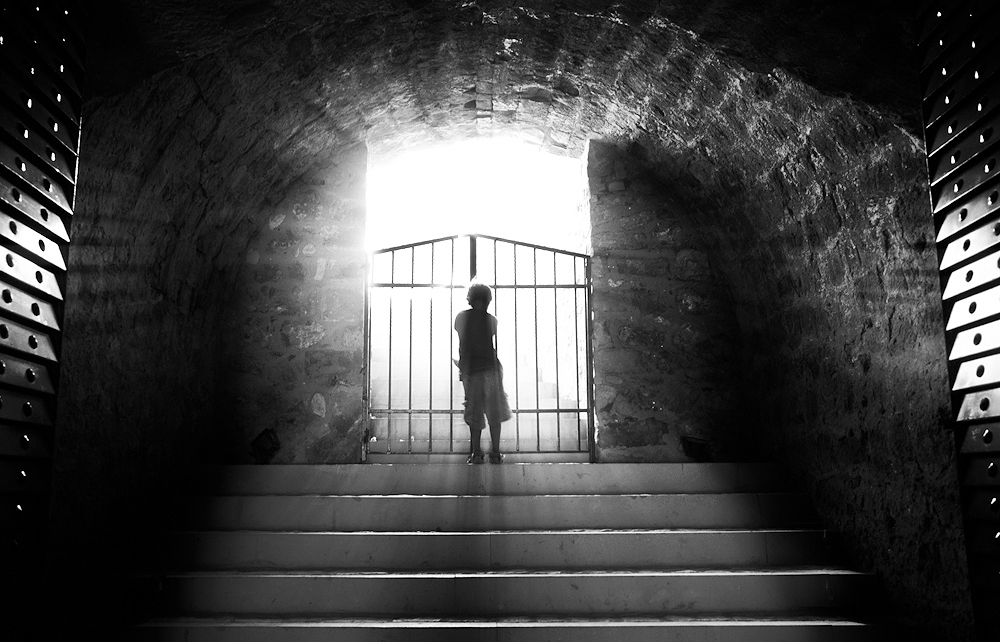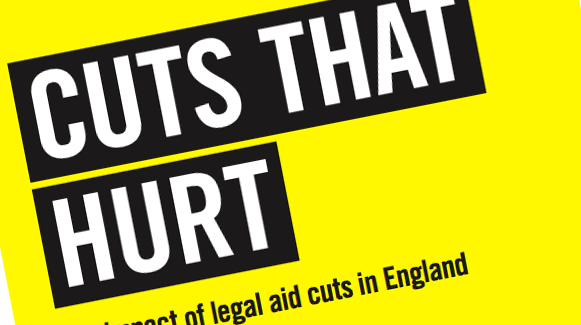Amnesty International have said that the government’s cuts to Legal Aid are increasingly creating a “two tier” justice system which the poor cannot afford.
The new report, ‘Cuts That Hurt’, investigates the effects of legal aid cuts with particular focus on how it has affected the access to justice of the disadvantaged and marginalised in society.
First, the basics. Legal aid is a government program that helps cover the cost of legal advice and representation in eligible cases. Successive governments have significantly reduced spending on legal aid. The Coalition government made major cuts in the Legal Aid, Sentencing and Punishment of Offenders Act (LASPO) 2012, which removed legal aid entitlements from a number of areas, including employment law, some immigration cases, private family law (for example, divorce), welfare benefits and housing matters.
Reducing Access To Justice

Amnesty describe access to justice as a “bedrock of human rights protection”. Without it our right to equality before the law is compromised, and we are left unable to enforce any of the other important human rights that we possess.
Legal aid improves access to justice by providing legal assistance to those who otherwise could not afford it. Given the complexity of our legal system, this is crucial to ensuring that everyone has a fair trial and is treated fairly before the law – a right guaranteed by Article 6 of the European Convention on Human Rights (ECHR).
Amnesty’s investigation reveals that since LASPO came into effect, the number of cases in which legal aid was granted has dropped by 46%. The report points out a number of ways in which this discriminates against the poor and disadvantaged:
- Due to their financial position, they are the ones who need legal aid the most;
- they are less likely to be aware of their rights and how to enforce them; and
- they are more likely to face disputes in areas where legal aid has been removed.
The report also challenges the government’s claim that free legal representation can still be obtained through not-for-profit organisations. Many not-for-profits have been forced to close after legal aid funding was withdrawn, and those that remain are unable to cope with the increased demand for their services.
The Exceptional Case Funding scheme, which is supposed to ensure legal aid in cases involving a violation of human rights, is also described as “an inadequate safety net” in practice.
Vulnerable and Marginalised Groups
The report specifically considers the impact of LASPO on the human rights of children and young people, immigrants and refugees, and other vulnerable groups.
The United Nations Convention on the Rights of the Child (UNCRC) states that the best interests of children should be the primary consideration in all decisions affecting them. One area which regularly concerns the interests of children is private family law (this usually means disputes between parents about who should look after their children), now excluded from legal aid by LASPO. Amnesty argues that, in some family disputes, the lack of legal aid has hindered the full consideration of a child’s interests as required by the UNCRC.
The report also raises concerns that the lack of legal aid in immigration cases is interfering with the right to family life guaranteed by Article 8 of the ECHR. In some cases this guarantee gives immigrants the right to stay in the United Kingdom or bring over other family members, however without legal aid they cannot enforce it.
Two-tier system
The report concludes that the changes have created a “two-tier justice system: open to those who can afford it, but, increasingly closed to the poorest, most vulnerable and most in need of its protection“. Amnesty called on the government to immediately review the effect of LASPO on access to justice and human rights, particularly with respect to the poorest and most marginalised in society; and at the same time improve the provision of public legal education to ensure that people understand and can effectively claim their rights.
Read the full ‘Cuts That Hurt’ report here.
For more information:
- What Access To Justice Means.
- Read our explainer on why the right to a fair trial is important.
- Learn about the right to a fair trial with our infographic poster.








